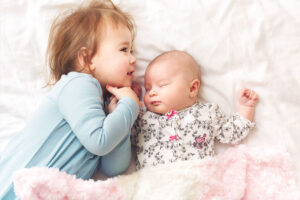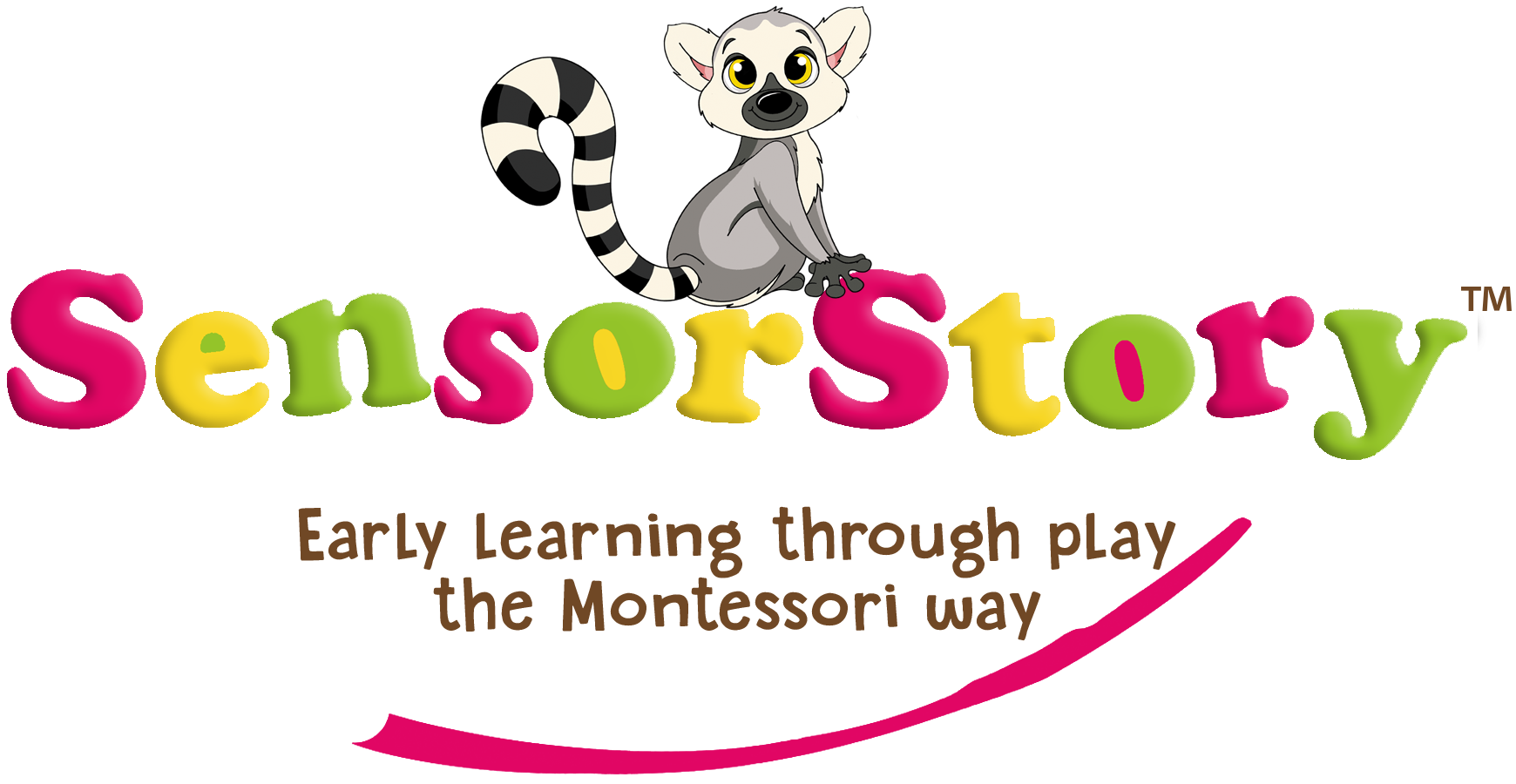
Dr. Montessori believed that the 0-3-year age group is the most important period of development for children, & modern science still agrees.
“The first three years of life are the most fundamental in the development of human beings and their potential – profound intelligence is formed and the infant’s physical development is phenomenal. It is a period when the core of personality and the social being are developed.” – Dr. Montessori
During the first three years of life, the brain absorbs & processes more information than at any other time in life – from birth, infants are receptive & respond to all aspects of their environment, absorbing the language & culture around them. Babies crave sensory stimuli, they deeply desire to absorb every sight, sound, smell, taste, & touch around them to acquire knowledge of the world. These first experiences become one of the earliest memories.
Montessori for babies – Nido – is Italian for “Nest”. In Montessori, it describes the nurturing environment designed to meet the developmental needs of babies from six weeks old to the developmental milestone of walking independently. The Montessori grown-up has a caring, respectful response to the infant’s needs, both physical & psychological & conveys the message of unconditional love & acceptance.
Montessori for Toddlers – The toddler environment is designed for little ones who are walking, through to three years. The pace is simpler & slower than the early childhood environment (three to six years), with Montessori materials & activities particular to this age group – it should never include simplified materials from the Montessori 3-6 year curriculum. In this community, there should be new opportunities for movement & independence, development of language skills, art, music, informal sensorial activities & practical life activities, as well as modelling grace & courtesy (grace & courtesy lessons as well as formal sensorial activities wouldn’t be introduced before 3-years-old). In the infant community, there should be activities to provide them with the experience of belonging to a community & activities to encourage social development.
Practical Life activities to give little ones the chance to develop skills to care for themselves & their environment should also be available – these are simple, offer a repetitive cycle that aids in establishing patterns of order & sequencing, & are very real activities that help the child in becoming grounded in reality. Activities that offer the opportunity for movement, as well as outdoor time – to absorb nature, are also important. Everything in the 0-3 environment should be proportionate to the child’s size & designed to be safe & aesthetically pleasing for little ones. Allowing freedom in a safe space is crucial to the infant community – however, it is always tempered by two important limits that will be beneficial for a lifetime; respect for others & respect for the environment. Building the child’s self-esteem, concentration & self-confidence is the ultimate goal.
“Children learn naturally through activity and their characters develop through freedom” – Doctor Maria Montessori
